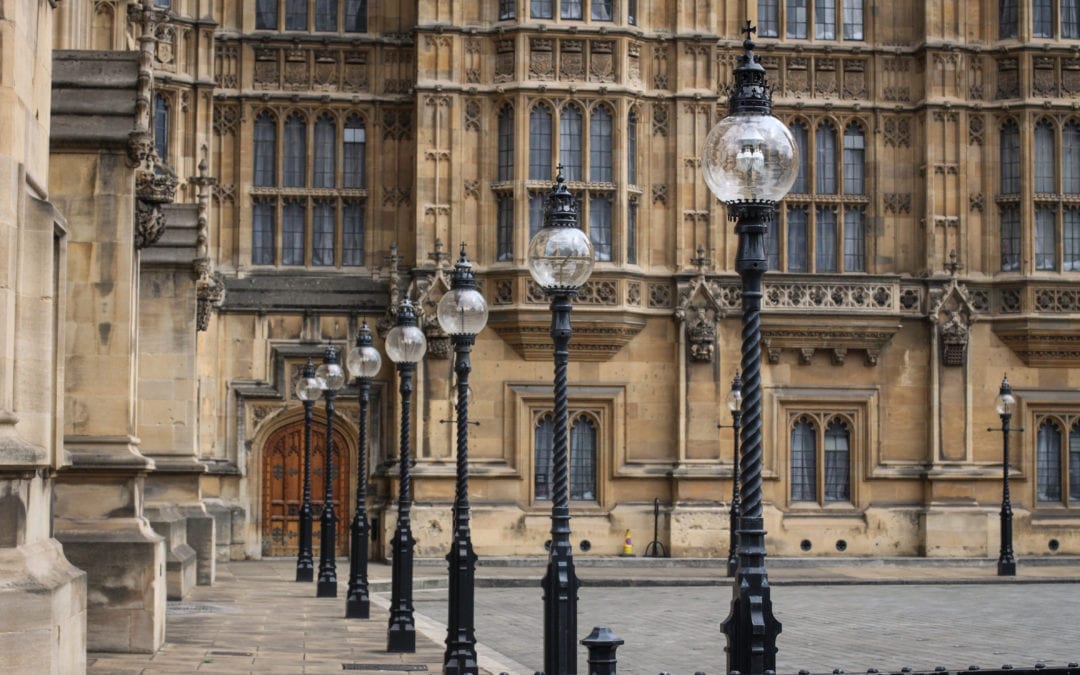The clocks have changed, spring is sprung, and April is fast approaching. It is time to make sure you are paying your workers the correct amount. So how much is the National Minimum Wage in 2021?
On 1 April the National Minimum Wage (NMW) rates for all ages of workers will increase. Employers will have to pay workers aged 25 and over an hourly rate of at least the National Living Wage (NLW) with lower minimum rates applied in age defined groups of under 25 years old.
The National Minimum Wages will increase from £8.72 to £8.91 and will be extended to include 23 and 24 years olds for the first time this year.
New National Minimum Wage levels for 2021
| Rate from April 2020 | New rate from April 2021 | |
| National Living Wage | 8.72 | 8.91 |
| 21-22 Year old Rate | 8.20 | 8.36 |
| 18-20 Year old Rate | 6.45 | 6.56 |
| 16-17 Year old Rate | 4.55 | 4.62 |
| Apprentice Rate | 4.15 | 4.30 |
| Accommodation Offset | 8.20 | 8.36 |
Who is entitled to the National Minimum Wage
Most workers in the UK who are over compulsory school leaving age are legally entitled to be paid the NMW. All employers have to pay it if the worker it entitled to it. It doesn’t matter if your employees are full or part time, if they are paid weekly or monthly, or if they are paid in cash. The NMW applies throughout the UK, and the size of the employer doesn’t make any difference.
Furloughed workers under the original scheme
Workers are still entitled to the NMW for hours that they work. However for hours that they are furloughed, they are not working, so the NMW legislation does not apply. Any time spent training is treated as working time therefore this would be paid at the NMW.
Furloughed workers must get their usual pay in full, for any holiday they take.
What pay counts towards the National Minimum Wage
NMW is calculated on gross pay (before any tax or National Insurance is deducted). This includes basic pay, bonuses and commission. Loans and advances don’t count, and nor do pension contributions. Higher rates for overtime work don’t count towards the NMW, nor do tips or service charges.
What happens if we haven’t been paying at least the NMW
It is a criminal offence for employers not to pay someone the NMW or NLW. If you realise that you haven’t been paying enough then you must pay your workers any arrears immediately. One of the areas we cover within our payroll service is periodic checks to ensure that our clients are compliant with these rules.



